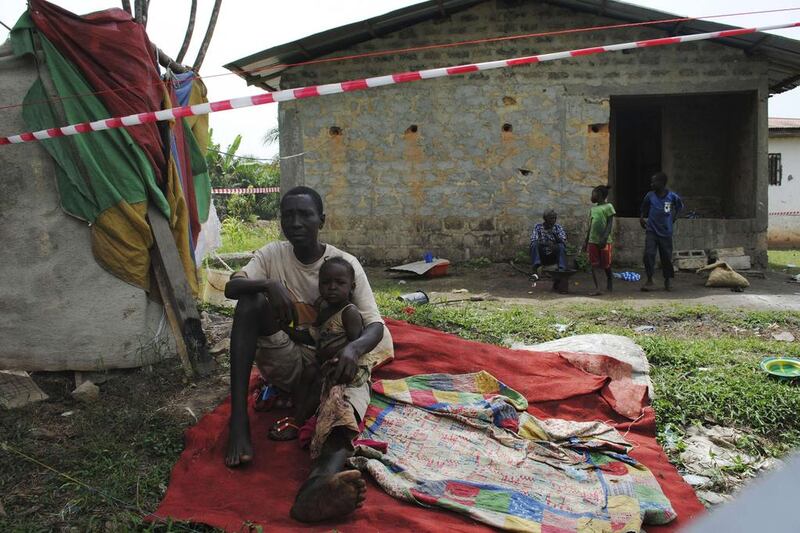Based on reports from the more emotive end of the media spectrum a few months ago, Ebola seemed destined to become a global pandemic. But as The National reported yesterday, there are now only a handful of active cases in West Africa of a disease that is estimated to have killed at least 9,000 people in 2014.
What this reflects is the reality – as noted on these pages – that this was a disease that was always able to be contained and treated, so long as sufficient resources were available. If several versions of Ebola vaccines about to be tested prove to be successful, it should mean that the disease will never reappear in epidemic form.
While a global pandemic of Ebola was not the inevitability it was portrayed in some quarters, what is inevitable is that sometime in the next months or years there will be a similar kind of outbreak of a fatal infectious disease. This justifies using this moment to assess how this was handled by the international community and how it could have been done better.
There are cogent lessons to be learnt. Doctors Without Borders in West Africa, for example, was warning about the potential risks of Ebola – including advising that it exceeded its capabilities – for months before any serious action was taken. By the time proper support arrived, the chance to quickly eradicate the outbreak had long since passed. If there was one fortunate circumstance at play during the outbreak, it was that the virus has a relatively slow incubation period, during which victims are not contagious. This meant that its spread was slowed – and never broke out from West Africa. The next time, we may not be so fortunate.
The World Health Organisation admitted yesterday it was “caught napping” on Ebola. It must seek ways to improve its responsiveness to a crisis of this scale. The battle against Ebola only turned after sufficient infrastructure and resource was put in place. Even so, there is still no room for complacency.
The international community will save money, effort and heartbreak by acting more quickly in the future.





